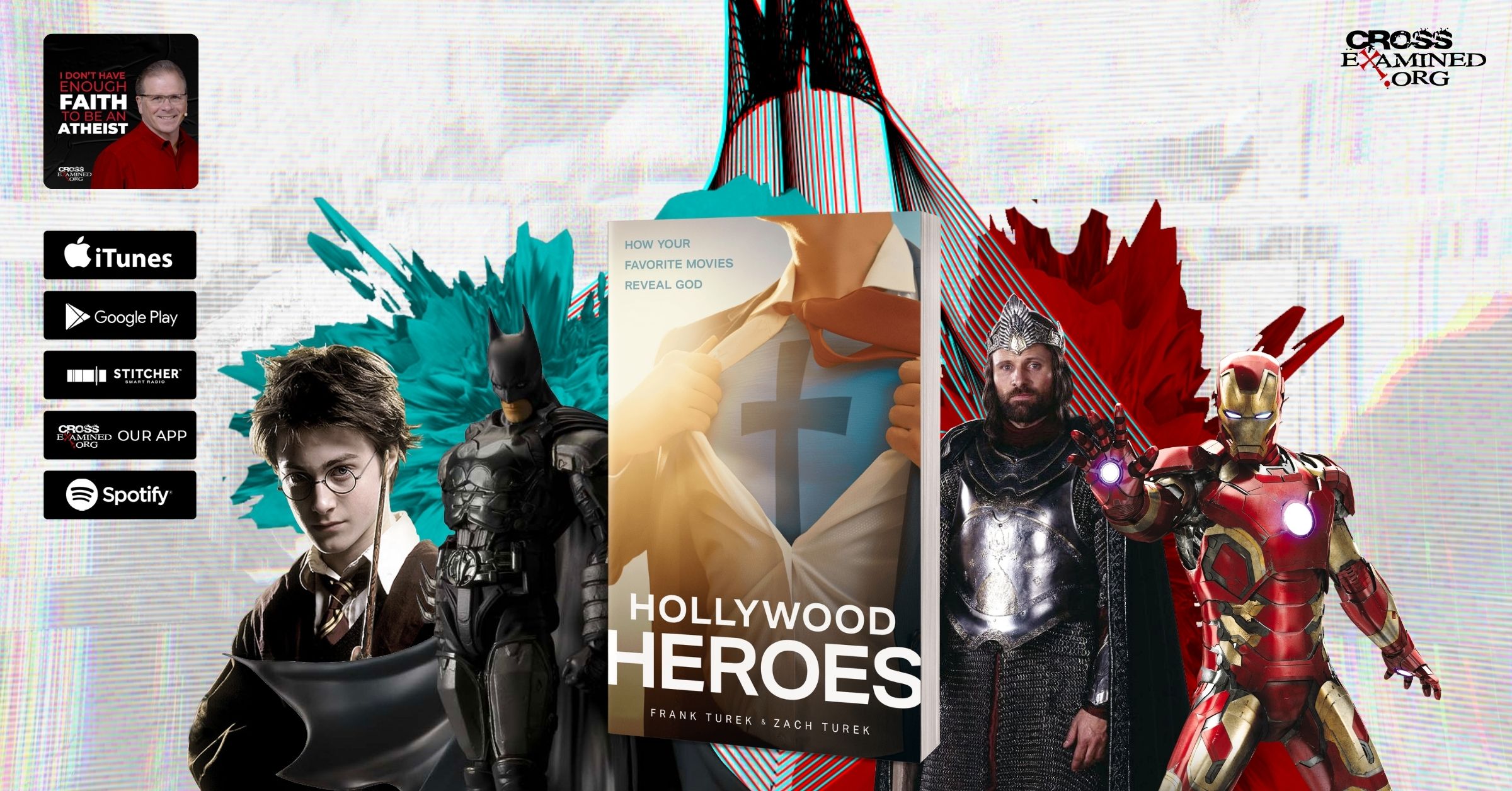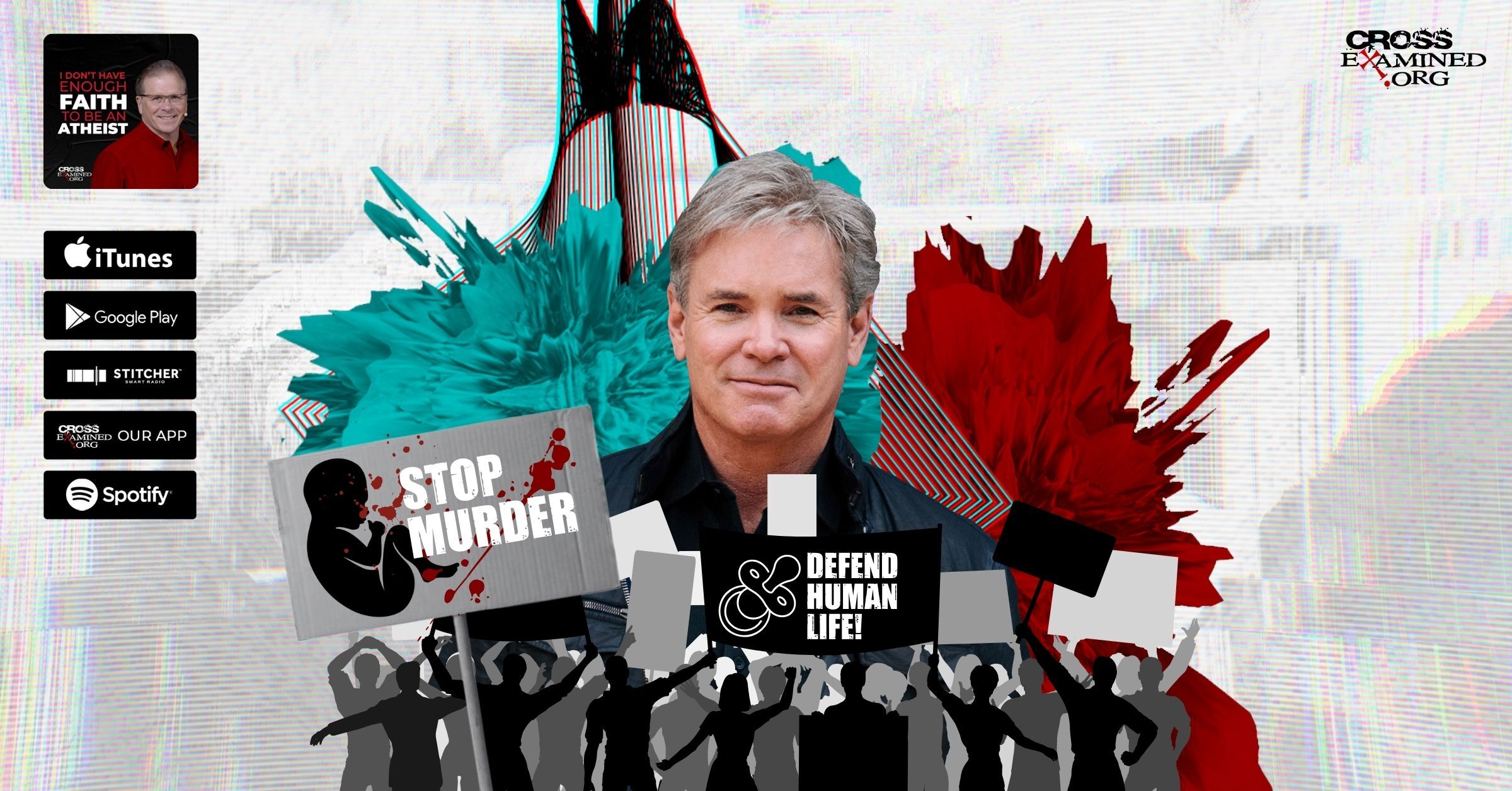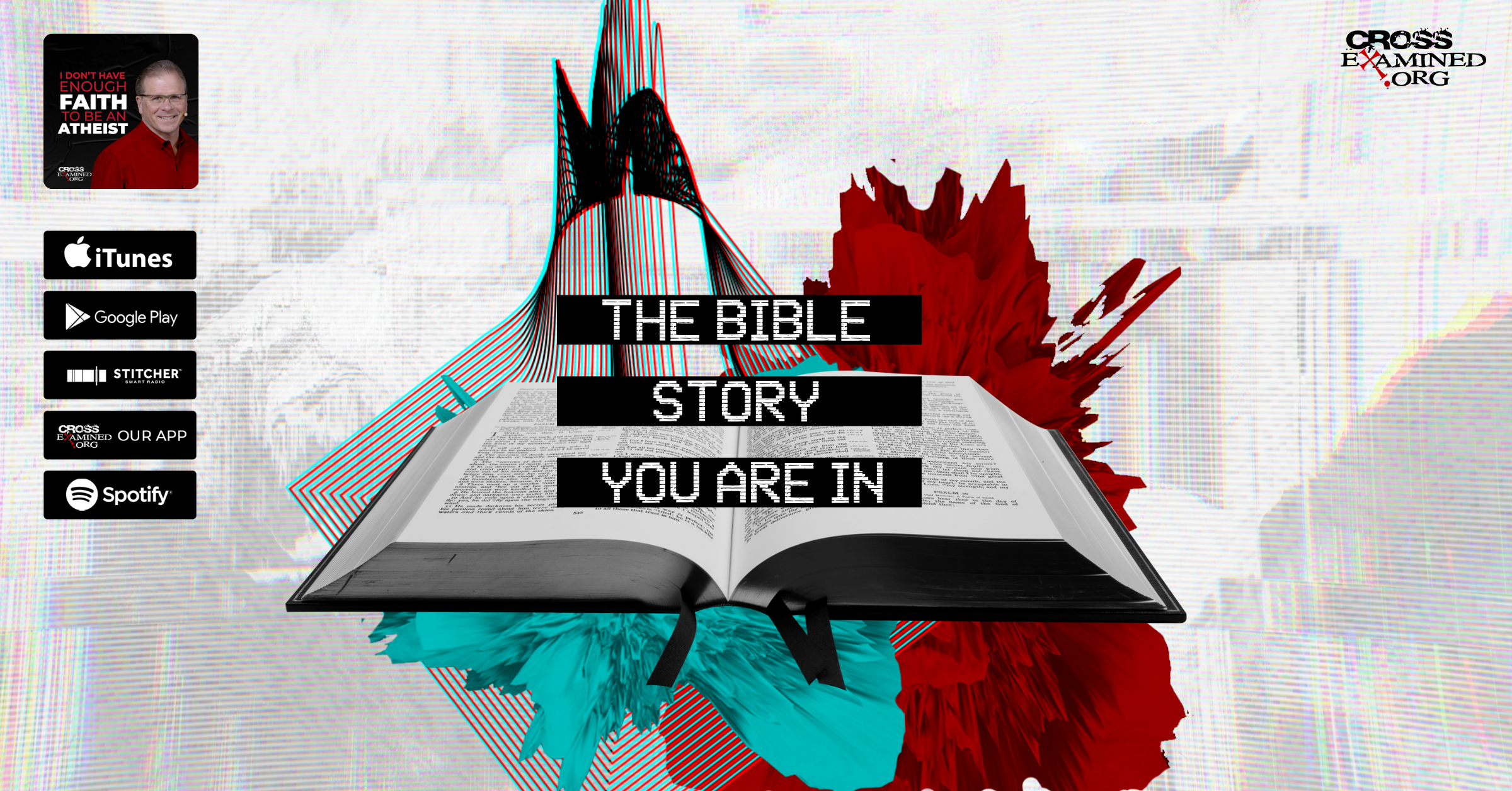By Al Serrato
As Christians, we are told to always be ready to give an answer for our faith. But for many of us, the opportunity seldom arises. In fact, by and large, it seems we are faced with apathy and indifference. Struggling to get past this with someone – to get them to actually think about the Christian message – requires the apologist to first deal with the source of the apathy.
One common source, in my experience, is what can be called the Santa Factor. This is the belief that Christians are simply deluding themselves when they believe in a God who will “deliver presents” to them when they die. Talking to skeptics about the rewards God has in store for those who place their trust in Him has little impact. It seems as real to them as the prospect of Santa leaving presents under their tree.
I had this confirmed recently in a conversation with an unbeliever. Seeing her indifference, I told her I felt like I was trying to talk to her about what presents she was hoping for from Santa, while she was just hanging back, secretly laughing at the absurdity of the whole concept. “It’s like I’m trying to list the reasons that there is a North Pole and flying reindeer,” I said, “and you are just politely nodding and wondering why so many people believe this … nonsense.” I asked her whether that was close to what she thought, and her reply was a candid “yes.” She thought the analogy to Santa was a perfect one, she said, one that captured her feelings in a very precise way.
Once this mindset is made clear, it’s easy to understand why my arguments gain no traction. Despite the soundness of the logic used in building my case for Christianity, to the unbeliever, I might as well be trying to explain how elves could conceivably build toys or how reindeer might possess gravity-altering organs. Since there are many reasons to believe that there is no Santa, and no reasons to believe the contrary, that conversation ends before it begins.
I have, as yet, found no sure-fire way to overcome this Santa Factor. I’d be interested to hear from any apologists who have. I do believe there is a necessary first step, however, and that is to show the skeptic that the Santa Factor is actually a variant of the “straw man” fallacy. Setting up a straw man involves defining the other side’s argument in an unfair or misleading way, and then concluding that you have the better argument when you knock down this “straw man.” When skeptics think of Christianity, they often picture a combination of strange images – Father Time with his flowing white beard, angels dancing on the heads of pins, virgin births, cannibalism, and strange “miracles.” A jumble of such images leaves the skeptic feeling comfortable rejecting the whole of Christianity as based on primitive superstitions and beliefs. Like the Santa myth, these beliefs might bring some comfort, and they’re great for tradition and ritual, but they are not really true. It’s all just a myth, based largely on “faith,” which translates roughly in their view to “wishful thinking.”
So, with that in mind, let’s take a closer look at the analogy. Santa, of course, is the supposed source of the gifts found under Christmas trees every Christmas morning. This explanation works for small children – giving them a wonderful period of anticipation and their parents a lever for a bit of behavior modification as kids struggle to remain on the “nice” list – but a moment’s reflection as a child matures would reveal that no one person could possibly build and deliver an endless stream of worldwide gifts. Not to mention keeping straight who gets what.
But considering the issue more critically, discovering that there is no Santa is not cause for concluding that there are no gifts under the tree, or that they appeared on their own. No, logic dictates that someone put the gifts there, someone with knowledge of the child, access to the home, and knowledge of the child’s wish list.
We too have “presents under our tree” that cry out for explanation. After all, we live in a universe, and on a planet, that are fine-tuned to support life. Life emerged on this planet at some point in the past and some of that life became conscious and intelligent. With that consciousness and intelligence, we can perceive and appreciate beauty and can argue about right and wrong, assuming as we do that there is a thing called morality that exists and should guide us. All these things need to be explained, and blithely concluding that God can’t be that explanation is not a rational move. Instead, the skeptic should embark upon an examination of the possible alternatives available through the use of thought and reason. Which worldview has a better explanation for all of this? Atheistic naturalism may have made sense in Darwin’s day when the universe was thought to be infinite in duration and DNA was not even suspected as the reason life displays such ordered variation. But today? Is it really plausible to assume that all the magnificence we see around us just happened on its own, with no guiding hand?
Consider: astrophysicists tell us that the universe arose from nothing 14 billion years ago. This means the universe, and time itself began to exist. But since all things that come into being require an adequate source, logic supports the conclusion that an intelligent, powerful, and transcendent being set it all in motion. Biologists today seek to make sense of the tremendous body of information that is encoded in DNA. The billions of lines of what is akin to computer code direct the construction of all life on this planet and understanding how to work with it has brought remarkable benefits to humanity. But wherever we find information, we must, of course, conclude that an intelligent source is at work. There are countless other questions that need an answer: how can the atheist explain the origin of life? If even the simplest form of cellular life contains millions of lines of DNA code, believing that it magically assembled itself from inert matter is, well, just as difficult to swallow as Santa making it down the chimney. The list of questions continues: from where does human intelligence come? How is it that inert matter became conscious and self-aware? Why do we have free will? If the universe determines all outcomes, as the secularist believes, then the free will we all intuitively recognize we possess is simply an illusion.
In the end, it really does take more blind – uncritical -faith to accept the secular view. The Christian worldview, by contrast, holds that an infinite, personal, and loving God created this universe, and us, for a purpose, and then revealed Himself to us in history. He did this in a way that provided evidence, both from the study of nature and from the personal testimony of witnesses who were so sure of what they saw and experienced – the life, death, and resurrection of Jesus of Nazareth – that they suffered martyrdom rather than deny it. (Contrasting the two worldviews in detail is beyond the scope of this post, but the case is well made here and here.)
Will this overcome the Santa Factor? It should if the skeptic really gives it a fair hearing. But that of course depends on the skeptic and how open he is to seeing through his little game of make-believe.
Recommended resources related to the topic:
Relief From the Worst Pain You’ll Ever Experience (DVD) (MP3) (Mp4 Download) by Gary Habermas
Jesus, You and the Essentials of Christianity by Frank Turek (INSTRUCTOR Study Guide), (STUDENT Study Guide), and (DVD)
Early Evidence for the Resurrection by Dr. Gary Habermas (DVD), (Mp3) and (Mp4)
_____________________________________________________________________________________________________________________________________________________
Al Serrato earned his law degree from the University of California at Berkeley in 1985. He began his career as an FBI special agent before becoming a prosecutor in California, where he worked for 33 years. An introduction to CS Lewis’ works sparked his interest in Apologetics, which he has pursued for the past three decades. He got his start writing Apologetics with J. Warner Wallace and Pleaseconvinceme.com.










